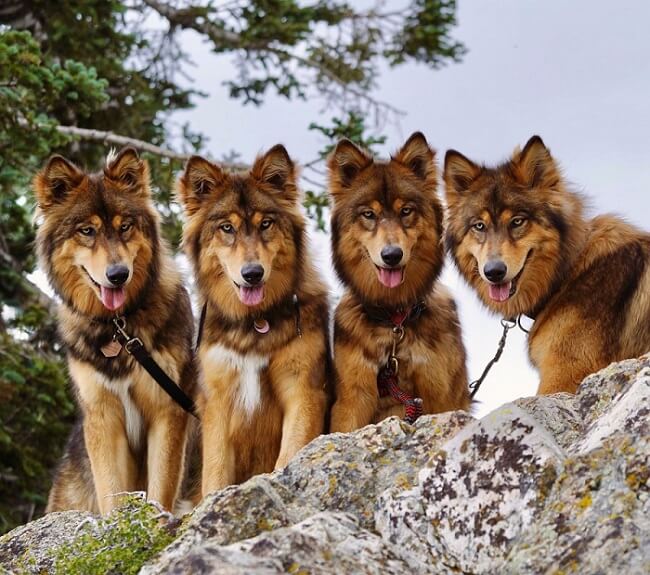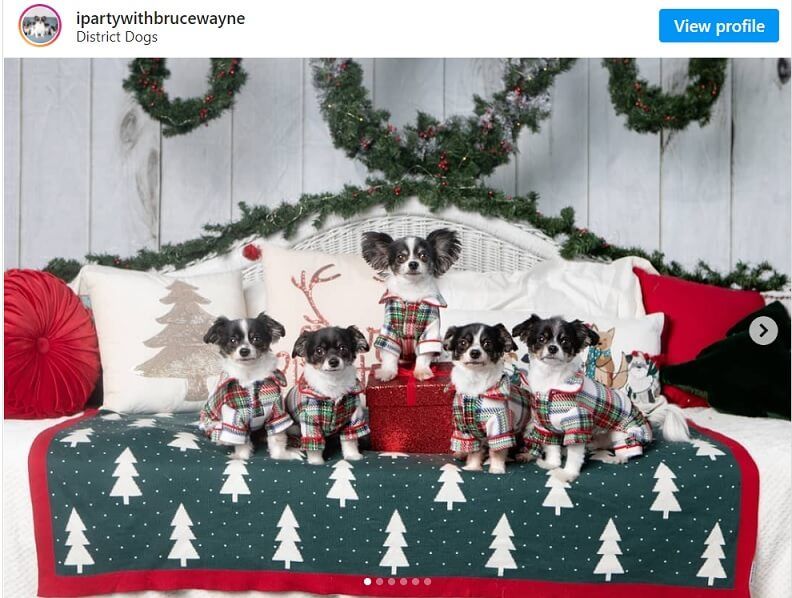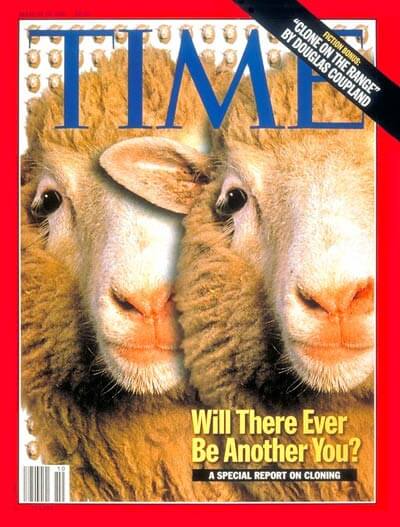
It’s a pet owner’s worst nightmare: to lose a beloved pet. The pain is beyond words as grief shakes every waking moment and when weary eyes turn to sleep, the dreams too are drenched in the colour of gloom. What if there was a way you could bring back your dear departed beloved dog?
It seems there’s a price to bring back your dog — much like a Black Mirror episode. At least, certain celebrities and influencers think so. And they’re willing to spend any amount of money to keep their beloved companions by their sides, even after they have passed away.
What’s dog cloning?
On paper, dog cloning seems like a straightforward procedure:
- DNA is taken from the pet to be cloned.
- The fertilized eggs are produced by “surrogate” dogs.
- The DNA from the eggs is replaced with that of the pet to be cloned and then replaced into surrogates.
Cloning an animal does not create an exact replica of that animal. In fact, cloned animals often have different personalities than their original counterparts. While the cloned dog may resemble your pet, it wouldn’t be the ‘same dog’ as temperament and behaviour are far more important factors in pet companionship.
These traits are partially determined by genetics and partially shaped by the dog’s environment and experience. The same way how twins may have separate personalities or pups from a litter may turn out differently, given their adoptive homes.
Companies like ViaGen Pets in Texas, promise to “restore your pet’s genetic identity” for $50,000 by taking a sample of your dog’s DNA. The company creates an embryo and implants it into a surrogate mother and clones are born within nine weeks. There are rate cards — clone dogs for $50,000, cats for $35,000, and horses for $85,000.
As per the marketing brochures, you can have your beloved Bolt, a copy of the original dog, running around the house once again.

Dog cloning – is it ethical?
While movies (Remember Tim Burton’s Frankenweenie?), and pet influencers may make pet cloning sound like a cool idea, it remains a controversial one. Cloning raises a lot of animal welfare concerns, and you might want to think twice before doing it. The surrogate dogs have to endure hormonal supplements, undergo multiple pregnancies just to create that one puppy or kitten clone.

The true cost of dog cloning goes beyond dollars and includes the moral take on – miscarriages, deformities and hormonal treatments on the surrogate dog. Snuppy was the first cloned dog, born in 2005. Over 1,000 embryos were surgically transferred to 123 surrogate dogs to produce Snuppy. This resulted in three pregnancies, one of which was a miscarriage, one died within three weeks, and the other was Snuppy (short for Seoul National University puppy).
In 2009, BioArts cloned five puppies from Trakr, the hero dog who discovered the last survivor beneath the debris of the 9/11 attacks in New York.
The surrogates, like laboratory animals, rarely have their plight come to the media forefront. They only have only corporate advertisements, coloured in breeder tone, screaming to emphasize how well dogs are treated. Plus, it takes an awful lot of attempts to get a healthy fetus to develop and many surrogates may die during the cloning process.
“I understand the impulse behind trying to keep your dog in perpetuity, one of the great sadnesses about living with dogs is that the time we live with them is so short. Unfortunately, you have to overlook a huge amount about the process—to say nothing about what cloning actually is—to be satisfied with the results.”
~Alexandra Horowitz, head of Columbia University’s Canine Cognition Lab
What you lose when your lose your dog?
When Barbra Streisand, the famous singer, revealed that her two dogs, Miss Violet and Miss Scarlett, were clones of her late Coton de Tulear Samantha, the debate surrounding cloning got mainstream coverage. Streisand later wrote an op-ed defending her choice that she had trouble finding a curly-haired dog, and it was one of the reasons she decided to clone her deceased pet.
Pet influencer Courtney Udvar-Hazy got her dog Willow cloned to keep her Instagram game strong as she was witnessing followers dropping after her pet passed away. An easier and more moral alternative would have been to visit the nearest shelter to adopt.
“The Humane Society of the United States opposes cloning of any animals for commercial purposes due to major animal welfare concerns. Companies that offer to clone pets profit off of distraught pet lovers by falsely promising a replica of a beloved pet. With millions of deserving dogs and cats in need of a home, pet cloning is completely unnecessary.”
~Vicki Katrinak, Animal research issues Program manager
Cloning seems to run the grief industry from South Korea to China and the USA — PerPETuate, Sooam Biotech, Sinogene, Viagen Pets and new players sprucing up every year. In addition to the surrogate dogs in the laboratory, there are tens of thousands of homeless dogs awaiting adoption. We should allow the ones that pass on to be mourned and celebrate their lives.
A new dog does not replace an old one. Dogs are like family members and each one is remembered for their unique special traits and partnerships they formed with us during a particular phase of our life. When someone gets a new dog, it isn’t a replacement but an addition to one’s family. As the comedian, George Carlin quipped, “Life is a series of dogs!“.
The true legacy of a dog is to help another less fortunate dog instead of cloning.